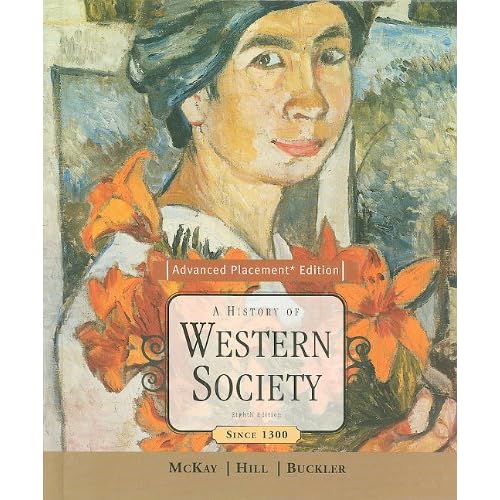To see how Mr. Rogers' class is on a difficulty level, the following link will be helpful!
http://www.ratemyteachers.com/mr-rogers/1762371-t
- Participation
- You can get participation by answering questions or examples during the lessons or working out questions on the board from warm-ups or the homework. It is worth 30 points at the end of the semester. If you have a lot of participation points then you can get extra credit too! So if you don't take the most pretty tests, just participate like a madman - it pays off!
- Extra credit
- He doesn't give out chances extra credit too often, just mainly in the beginning of the semester or after a long break, so keep your skills sharp during breaks! Occasionally he gives out these quizzes that are extra credit for the first person/ group to turn it in with all the correct answers.
- Homework
- He doesn't have very strict guidelines for homework. For example you don't have to write down the original problem which seems easier, but when you look over your homework before a test it is not as helpful.
- Tests
- Mr. Rogers tests are no joke but he gives partial credit! The multiple choice questions don't receive partial credit so always double or triple check your answers on those! He takes challenging problems from class and twists them around so that you'll have to really comprehend the material he teaches you. Even then, sometimes you might still not understand, unless math is just your thing. On most of the tests there is one extra credit problem that varies throughout the periods. It's worth the same amount of points as the hard level questions. You also get partial points for the extra credit problem so complete as much of it as you can! Before every (or most) test, Mr. Rogers always writes a "Things to Know" for the test. You typically get it the day before the test and it includes really helpful information like how many points the test is worth and important concepts that will be on the test.
- What and how to study (bold is important)
- Things to know
- Warm-ups
- Notes
- Questions on homework you had issues with, or ones that Mr. Rogers went over during class
- Practice problems from the Algebra 2 section on the helpful links page






